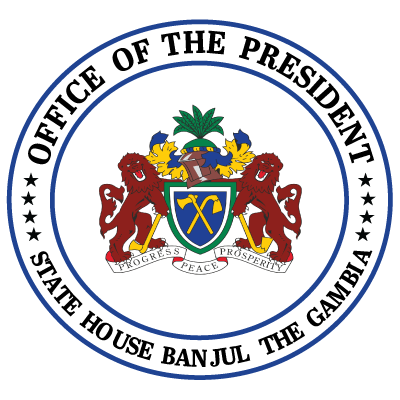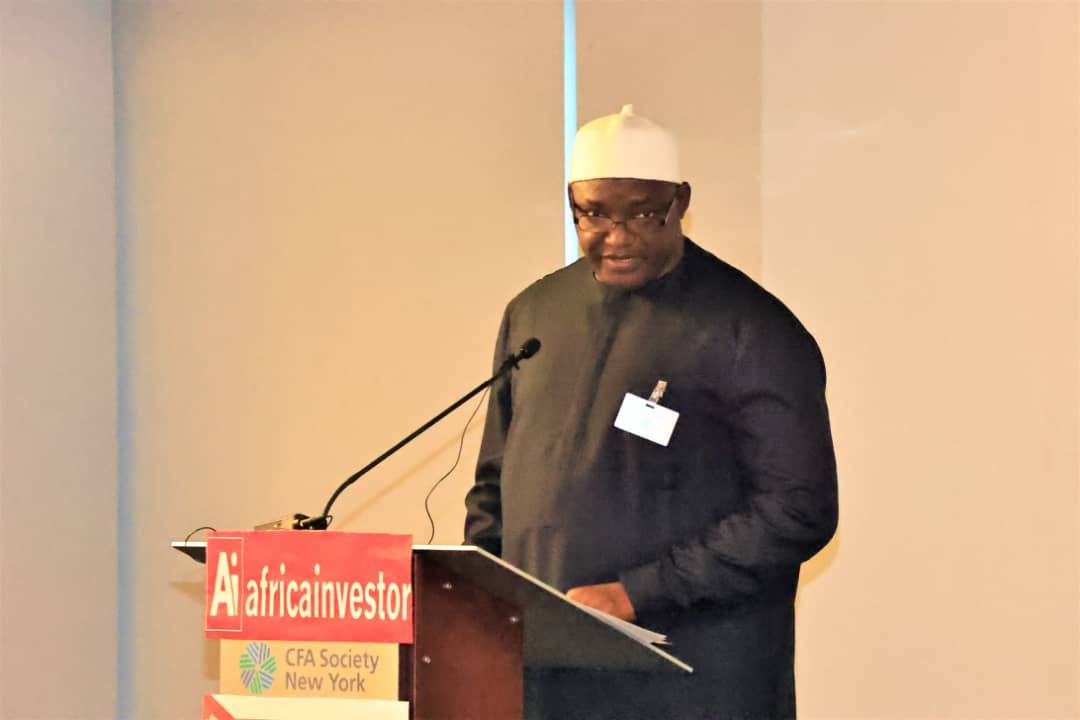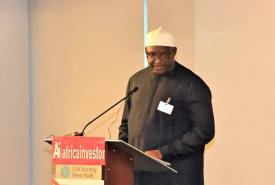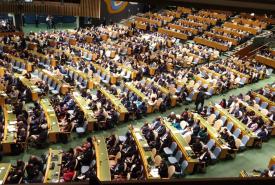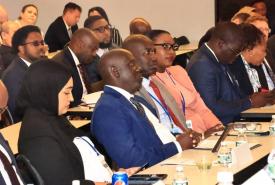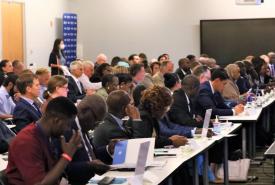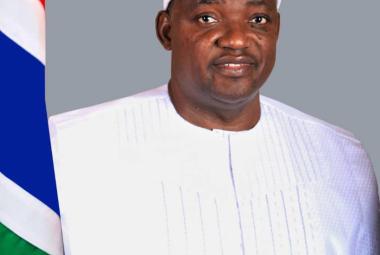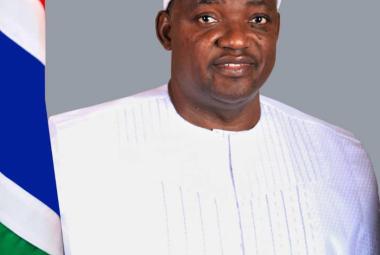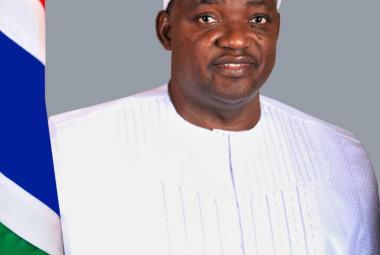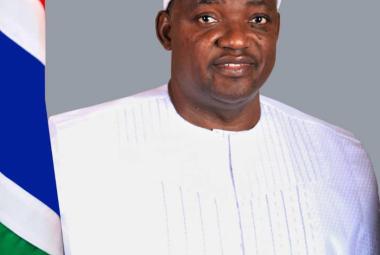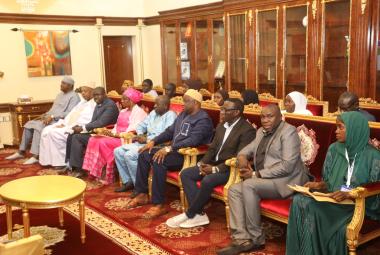State House, Banjul, 21st September 2022: Addressing a forum on Tuesday, 20th September on mobilising climate financing on the sidelines of the ongoing UN General Assembly in New York, President Barrow said countries should raise investments and focus on saving and protecting lives, and the ecosystems.
The President cited the recent floods as ‘one of the worst’ in The Gambia’s history, which affected more than 50,000 people due to the country’s one-meter rise in sea level. He added that the rise could submerge 50% of the city, including the country’s only deep-water seaport.
‘’As the impact of climate change could cost developing countries between 1% and 5% of their GDP annually, it is imperative to raise investments and focus on saving and protecting lives and ecosystems.” President Barrow detailed.
He added that climate financing is a challenge for many developing countries and investing in it could create difficult options for many Africans. “Countries like The Gambia would have to forgo investments in poverty reduction and other development priorities to shift attention to climate action.’’ President Barrow stated.
Highlighting how The Gambia has shown leadership and taken a progressive position on climate action, the President said the country has increased budgetary allocation to address, particularly climate adaptation, resilience and mitigation. He added that the focus is now on mobilising private sector investment to cater for the urgent mitigation needs, especially in renewable energy.
While stating that The Gambia will be the host country of mitigation projects aimed at protecting the planet, President Barrow solicited international support to realistically implement the Climate Change Long Term Strategy 2050.
The President raised several concerns including the provision of long-term predictable funding that allows for capacity development, and risk integration, and promotes climate finance for gender-responsive climate actions, as well as effective and equitable finance delivery.
He also observed that international climate finance entities, especially multilateral funds, should revisit their procedures and policies, and prioritise the needs of developing countries.
